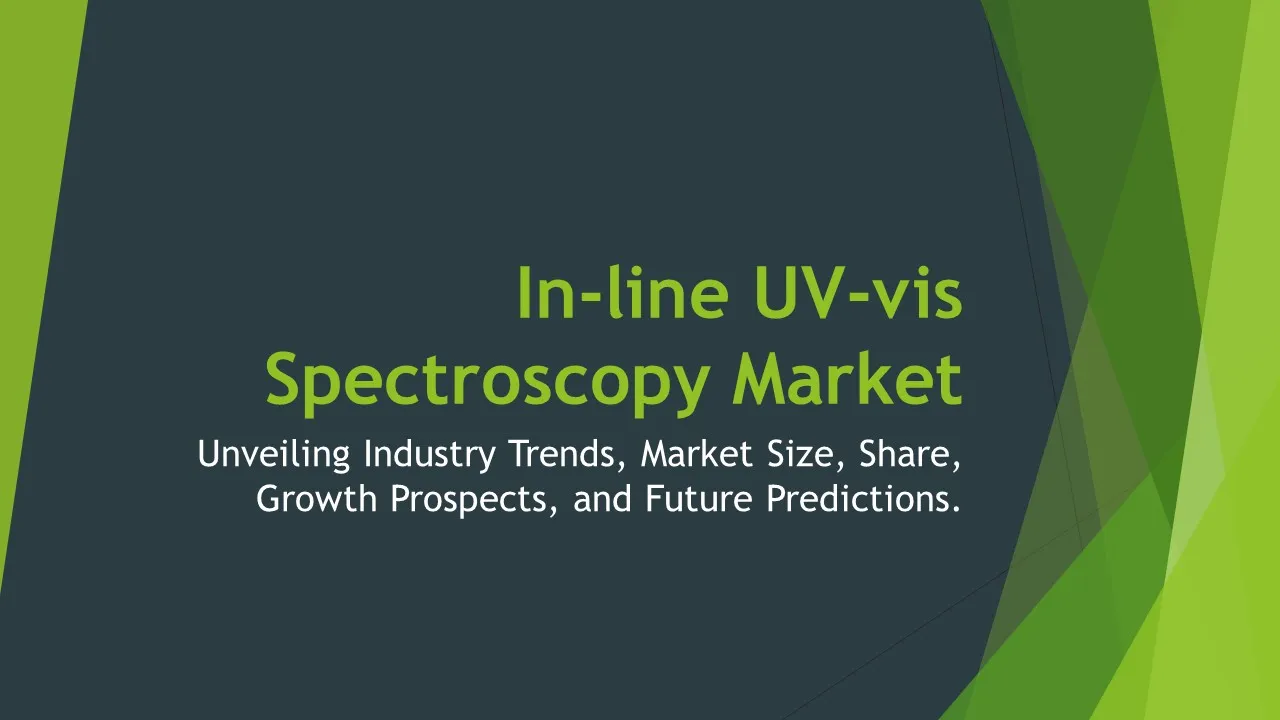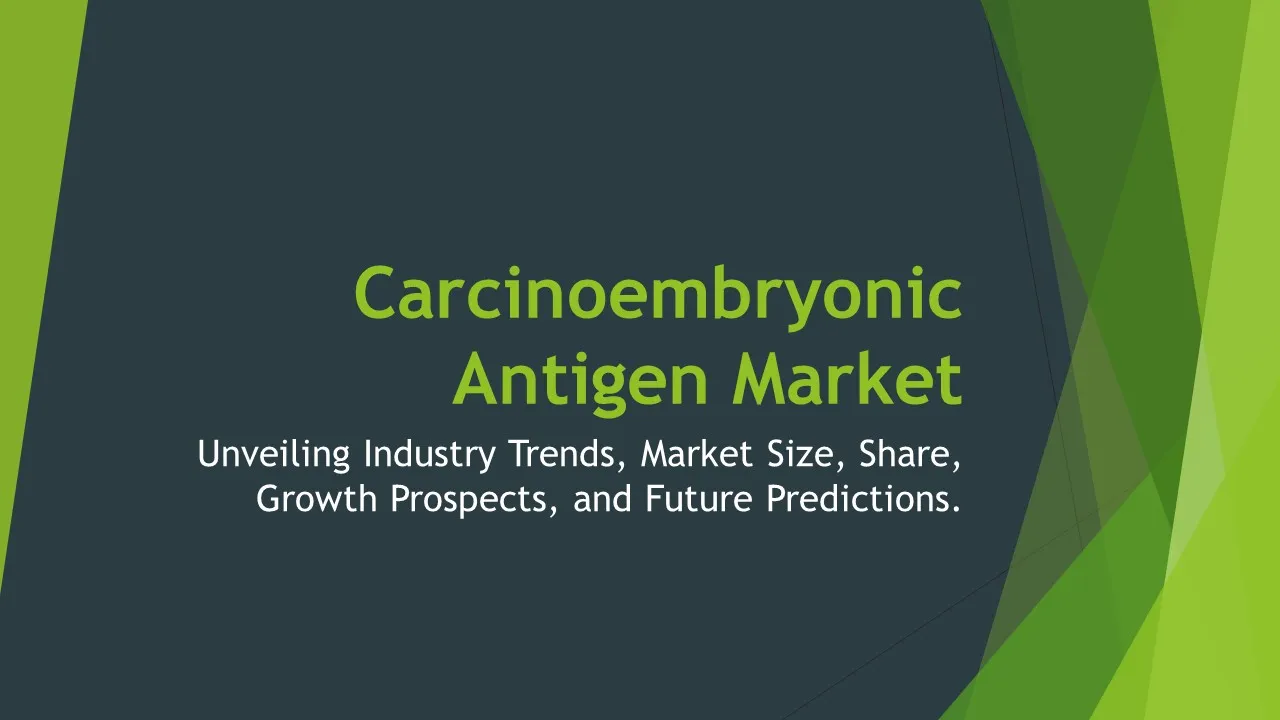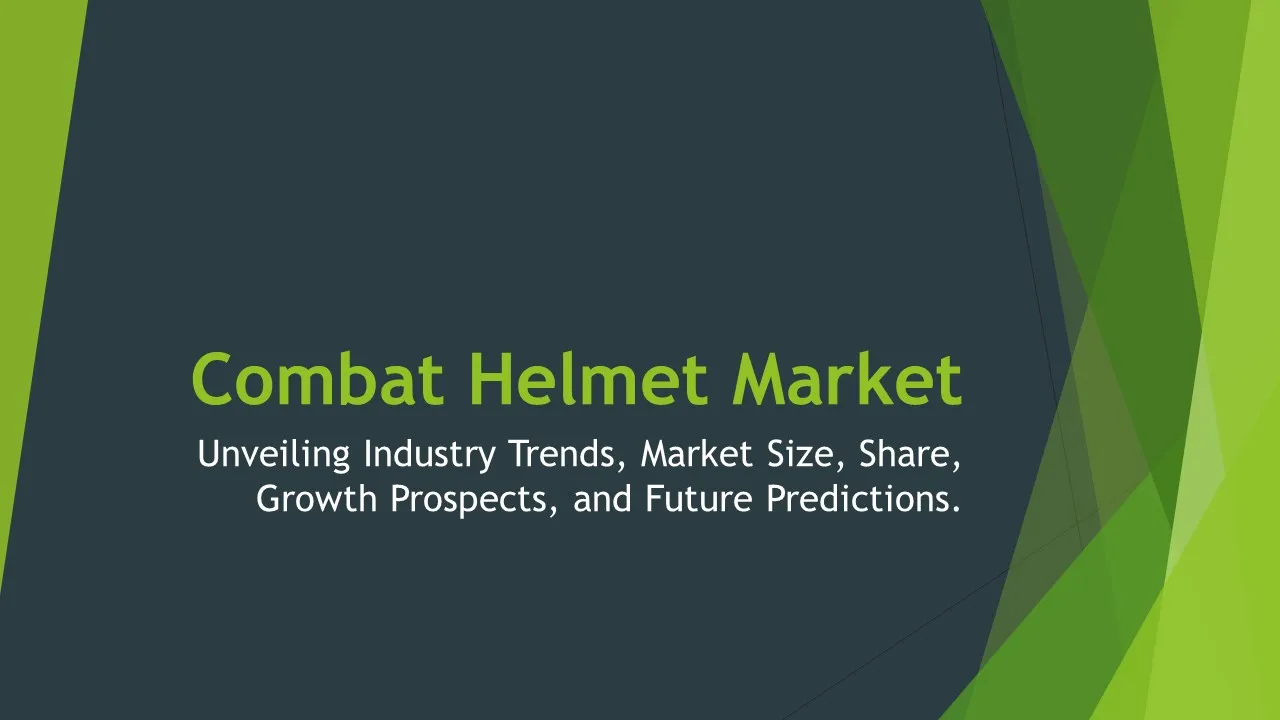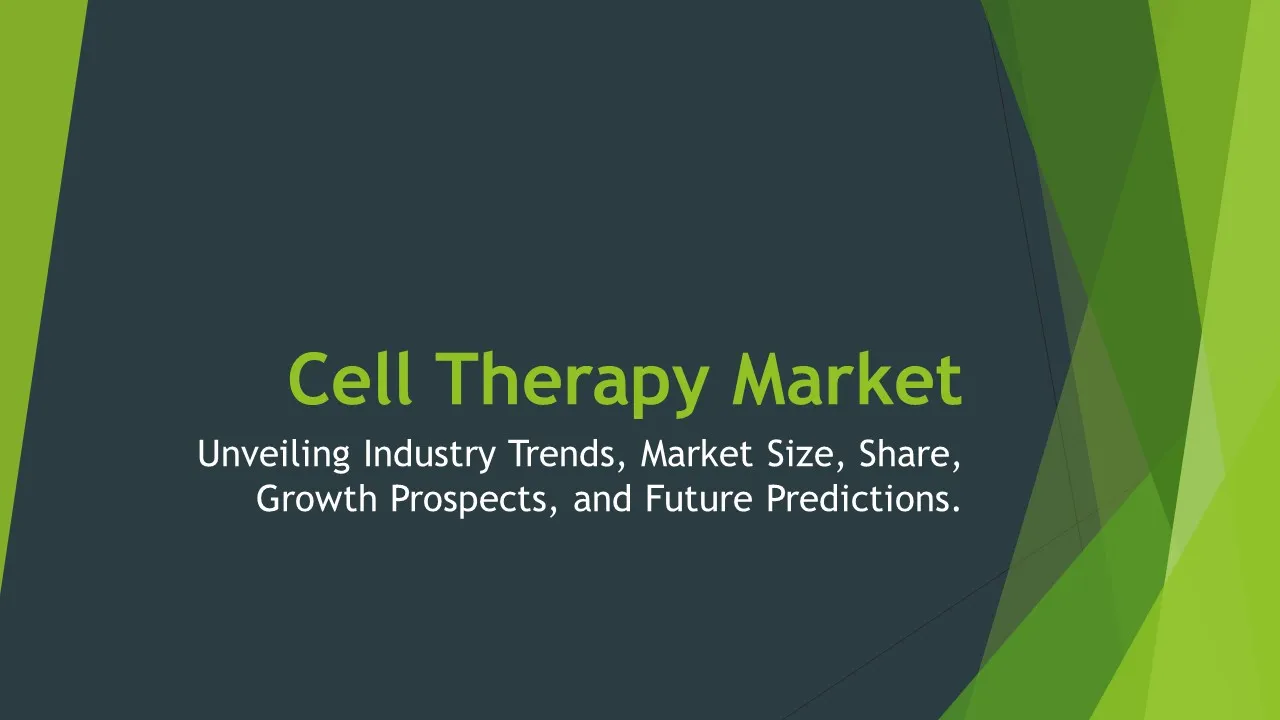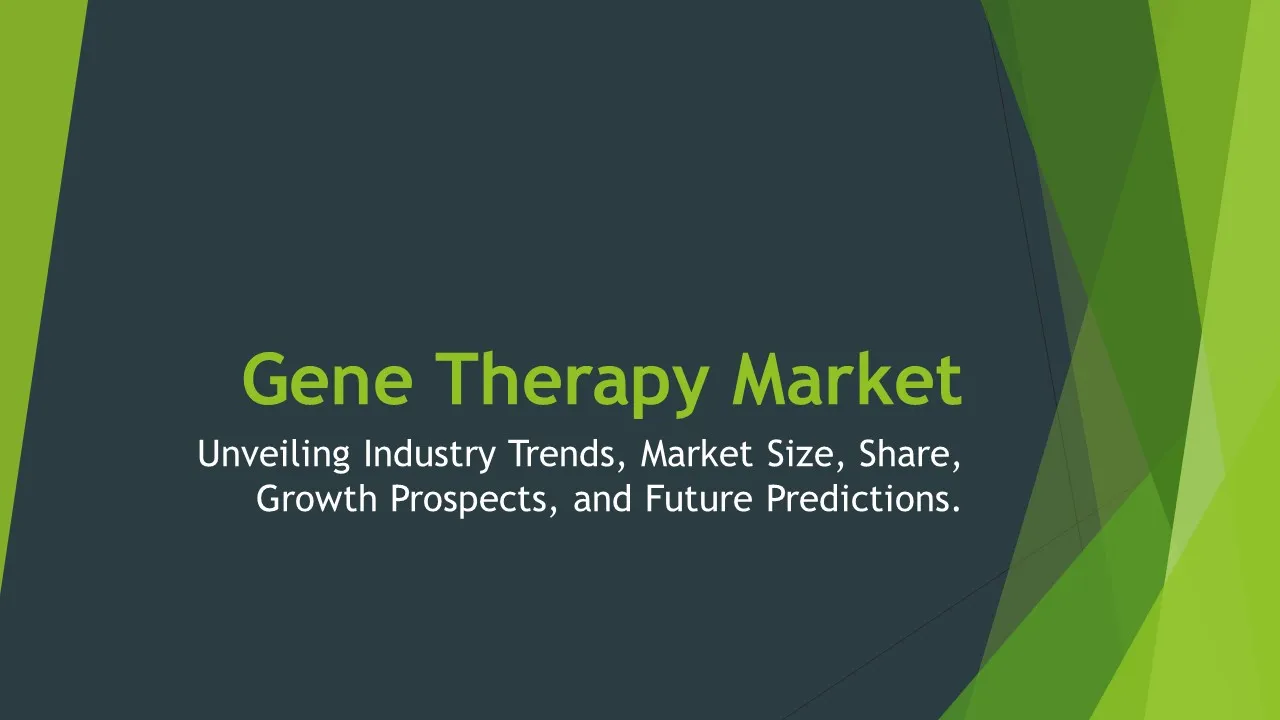In-vitro Toxicology Testing
In-vitro Toxicology Testing Market Segments - by Product Type (Assays, Reagents, Services, Systems, Consumables), Application (Drug Development, Chemical Testing, Cosmetics & Household Products, Food Additives, Others), End User (Pharmaceutical & Biotechnology Companies, Contract Research Organizations, Academic & Research Institutes, Regulatory Authorities), and Region (North America, Europe, Asia Pacific, Latin America, Middle East & Africa) - Global Industry Analysis, Growth, Share, Size, Trends, and Forecast 2025-2035
- Report Preview
- Table Of Content
- Segments
- Methodology
In-vitro Toxicology Testing Market Outlook
The global in-vitro toxicology testing market was valued at approximately USD 4.1 billion in 2023 and is projected to grow at a compound annual growth rate (CAGR) of 8.3% from 2025 to 2035, reaching an estimated USD 9.1 billion by 2035. The growth of this market can be attributed to the increasing regulatory requirements for safety assessments of chemicals and pharmaceuticals, the rising demand for alternatives to animal testing, and significant advancements in technological innovations such as high-throughput screening assays and organ-on-a-chip technologies. Moreover, the increasing focus on personalized medicine and the continued push towards more sustainable practices in drug development are expected to further drive the demand for in-vitro toxicology testing solutions. Furthermore, the ongoing research and development activities aimed at improving existing testing methodologies will also contribute to market expansion.
Growth Factor of the Market
The in-vitro toxicology testing market is experiencing substantial growth due to several interlinked factors. As regulatory bodies worldwide tighten guidelines surrounding drug safety and efficacy, pharmaceutical and biotech companies are increasingly adopting in-vitro methods to ensure compliance without the ethical implications of animal testing. The surge in drug discovery and development, particularly in the oncology and immunotherapy sectors, necessitates robust testing protocols to evaluate compound safety early in the development pipeline. Moreover, the rising incidence of chronic diseases calls for extensive research into new therapeutic agents, further propelling the demand for efficient and effective toxicology testing solutions. The continual innovation in technological advancements, such as the integration of artificial intelligence in toxicology, is reshaping traditional testing paradigms, making them more cost-effective and streamlined. Additionally, the growing trend of outsourcing research and development activities to contract research organizations (CROs) offers pharmaceutical companies enhanced capabilities and flexibility, thereby boosting the market.
Key Highlights of the Market
- Significant growth driven by stringent regulatory requirements and advances in technology.
- Increased focus on alternative testing methods, primarily due to ethical concerns surrounding animal testing.
- Rising investment in research and development, particularly in drug discovery and development.
- Geographic expansion in emerging markets, particularly in Asia Pacific, due to increased research activities.
- Collaboration between pharmaceutical companies and CROs to expedite product development timelines.
By Product Type
Assays:
Assays represent a crucial segment of the in-vitro toxicology testing market, encompassing various techniques employed to evaluate the toxic effects of substances on biological systems. These assays can include cellular assays, biochemical assays, and molecular assays. The increasing prevalence of chronic diseases and the continuous demand for new drug formulations have heightened the reliance on these assays for quick and accurate assessments of toxicity. In particular, high-throughput screening assays have gained prominence for their ability to assess a large number of compounds simultaneously, thus accelerating the drug development process. Furthermore, advancements in assay technologies are enabling researchers to obtain more reliable and reproducible results, thereby enhancing the overall efficiency of toxicology studies.
Reagents:
Reagents are essential components in toxicology testing that facilitate the execution of various assays. The market for reagents is expanding as they are crucial for enhancing the accuracy and reliability of toxicology tests. Various types of reagents, including biological reagents, chemical reagents, and assay kits, play a significant role in toxicology evaluations. The growing demand for innovative reagents that can provide faster results and improved sensitivity is driving research and development efforts within the industry. Moreover, the emergence of specialized reagents designed for specific applications, such as environmental testing or pharmaceutical development, is contributing to the growth of this segment within the in-vitro toxicology testing market.
Services:
The services segment within the in-vitro toxicology testing market has gained traction due to the increasing outsourcing of testing services to specialized laboratories and contract research organizations (CROs). Organizations are leveraging the expertise of these service providers to streamline their toxicology testing processes, reduce costs, and improve time efficiencies. The rise in partnerships between pharmaceutical companies and CROs to facilitate the testing of new compounds has significantly fueled the demand for toxicology testing services. Furthermore, service providers are continuously enhancing their offerings by integrating advanced technologies, such as AI-driven analytics, which help deliver more accurate and comprehensive toxicological evaluations.
Systems:
In-vitro testing systems comprise a wide range of devices and platforms designed to facilitate and automate toxicology testing processes. This segment is witnessing substantial growth due to the increasing demand for high-throughput screening technologies that enable rapid toxicity evaluations. These innovative systems are crucial in reducing the time and costs associated with traditional toxicological assessments, while also improving reliability and reproducibility. The integration of automation and robotics into these systems is further enhancing their effectiveness by minimizing human error and optimizing workflow efficiency. As the pharmaceutical and biotechnology sectors continue to evolve, the demand for sophisticated in-vitro testing systems is expected to rise significantly.
Consumables:
Consumables in the in-vitro toxicology testing market include laboratory supplies such as plates, culture media, and other materials essential for conducting toxicology assays. The demand for consumables is closely linked to the overall growth of the market, as they are integral to the functioning of testing laboratories. The increasing number of research studies and clinical trials being conducted globally is propelling the need for consumables, as laboratories require a steady supply of high-quality materials to ensure accuracy and reliability in their testing processes. Furthermore, innovations in consumable products, designed to enhance usability and performance, are also contributing to the growth of this segment, as they facilitate more efficient toxicological assessments.
By Application
Drug Development:
The drug development application segment is one of the largest contributors to the in-vitro toxicology testing market. The increasing complexity of drug formulations and the need for rigorous testing to comply with regulatory standards have strengthened the demand for in-vitro toxicology testing in this area. Pharmaceutical companies are increasingly relying on in-vitro tests during various phases of drug development, including lead identification, lead optimization, and preclinical testing. The shift towards personalized medicine is also accelerating the demand for tailored toxicology assessments that can predict individual responses to specific drug formulations. Furthermore, as the industry embraces innovative therapeutic modalities such as gene therapies and biologics, in-vitro tests play an essential role in evaluating the safety and efficacy of these new treatments.
Chemical Testing:
The chemical testing application segment encompasses a broad range of assessments aimed at evaluating the safety of various chemicals, including industrial chemicals, pesticides, and environmental pollutants. This segment is gaining attention due to the increasing public and regulatory concern surrounding chemical safety and environmental sustainability. The rising incidence of chemical-related health issues has necessitated the implementation of stringent testing requirements for chemicals prior to their release into the market. In-vitro toxicology testing provides a viable solution for assessing the potential health hazards posed by these substances without resorting to animal testing. Moreover, the development of advanced in-vitro testing methodologies is empowering researchers to obtain more accurate risk assessments, thereby contributing to safer chemical practices.
Cosmetics & Household Products:
The cosmetics and household products application segment is rapidly evolving as consumers become more aware of the potential dangers posed by certain ingredients. This segment has experienced significant growth in response to the increasing demand for safe and effective cosmetic formulations. Regulatory bodies are emphasizing the need for toxicity testing of cosmetic products to ensure consumer safety, leading to a rising reliance on in-vitro testing methods. The growing trend towards cruelty-free and vegan cosmetics is further propelling the demand for in-vitro toxicology testing as companies strive to meet consumer preferences while adhering to safety regulations. As a result, in-vitro methods are increasingly becoming the standard for evaluating the safety of cosmetic and household products.
Food Additives:
In-vitro toxicology testing is also critical in the food additives application segment as regulatory agencies impose strict guidelines to ensure the safety of food substances. With the growing use of food additives to enhance flavor, texture, and shelf life, there is an urgent need to assess their safety profiles. In-vitro testing offers an efficient means of evaluating potential toxicological effects of food additives without ethical concerns associated with animal testing. As consumer awareness regarding food safety rises, food manufacturers and regulatory bodies are increasingly leveraging in-vitro testing methods to comply with safety regulations and to assure consumers of the safety of their products. This trend is contributing to the steady growth of the in-vitro toxicology testing market within the food additives segment.
Others:
The 'Others' category in the application segment encompasses a variety of niche applications that require specialized toxicological evaluations. These may include sectors such as environmental testing, where in-vitro methods are used to assess the impact of pollutants on ecosystems and human health. Moreover, the growing interest in alternative therapies and supplements has led to a rise in toxicity assessments for these products as well. As various industries increasingly recognize the importance of safety and toxicological assessment in their product development processes, the demand for in-vitro testing in these diverse applications is expected to grow significantly, contributing further to the overall market expansion.
By End User
Pharmaceutical & Biotechnology Companies:
Pharmaceutical and biotechnology companies are among the primary end users of in-vitro toxicology testing services. The need for rigorous safety assessments during the drug development process is driving these companies to invest in in-vitro testing solutions. The complexity of modern drug formulations, including biologics and novel therapies, necessitates thorough evaluation through advanced toxicology testing methods. Additionally, as these companies face increasing pressure to reduce development costs and timelines, the adoption of in-vitro methods that allow for rapid screening of compounds is becoming more prevalent. Furthermore, the collaboration between pharmaceutical companies and CROs is enhancing the accessibility and efficiency of toxicology testing, allowing these organizations to meet regulatory requirements effectively while focusing on innovation.
Contract Research Organizations:
Contract research organizations (CROs) are pivotal players in the in-vitro toxicology testing market as they provide specialized testing services to pharmaceutical companies, biotechnology firms, and other industries. The increasing trend of outsourcing research and development activities is propelling the growth of CROs in the toxicology testing space. These organizations are equipped with advanced technologies and expertise to handle complex toxicology assessments efficiently, enabling their clients to accelerate drug development timelines. The flexibility offered by CROs allows pharmaceutical companies to scale their testing capabilities in response to demand fluctuations while maintaining compliance with regulatory standards. As the reliance on CROs continues to grow, the in-vitro toxicology testing market is expected to witness significant contributions from this end-user segment.
Academic & Research Institutes:
Academic and research institutes play a vital role in advancing the field of toxicology through research and innovation. These institutions often conduct studies to explore the molecular mechanisms of toxicity, paving the way for new in-vitro testing methodologies. The increasing focus on understanding the adverse effects of chemicals and drugs is driving academic research in toxicology, resulting in the development of novel assays and technologies. Collaborations between academia and industry partners are becoming common, allowing for the practical application of research findings in real-world scenarios. The growing emphasis on educational programs in toxicology is further fostering a skilled workforce that can contribute to the advancement of in-vitro testing techniques and regulatory science.
Regulatory Authorities:
Regulatory authorities are critical stakeholders in the in-vitro toxicology testing market as they establish guidelines and regulations governing toxicological assessments. The increasing focus on consumer safety and environmental protection is leading these organizations to adopt more stringent testing requirements for chemicals, pharmaceuticals, and cosmetics. As regulatory bodies embrace scientific advancements, they are increasingly recognizing the value of in-vitro testing methods as reliable alternatives to traditional animal testing. This shift in perspective is encouraging more widespread acceptance of in-vitro methodologies, ultimately promoting the growth of the in-vitro toxicology testing market. As regulatory frameworks evolve, continuous collaboration between regulatory agencies and industry stakeholders will be essential for developing effective and safe testing standards.
By Region
The North American region is the largest market for in-vitro toxicology testing, accounting for approximately 40% of the global market share in 2023. The region is characterized by the presence of several leading pharmaceutical and biotechnology companies, as well as a robust network of academic research institutions and contract research organizations. The stringent regulatory environment in the United States and Canada necessitates comprehensive toxicological assessments, further driving the demand for in-vitro testing solutions. Moreover, the increasing focus on innovation and advancements in testing methodologies, such as organ-on-a-chip technologies, is expected to propel market growth in North America. The region is projected to witness a CAGR of approximately 8.5% from 2025 to 2035, driven primarily by continued investments in drug development and research initiatives.
Europe is another significant market for in-vitro toxicology testing, holding around 30% of the global market share in 2023. The region's regulatory framework, including the European Union's REACH (Registration, Evaluation, Authorization, and Restriction of Chemicals) regulation, emphasizes the need for safety assessments of chemicals and pharmaceuticals, thereby driving demand for in-vitro testing methods. The growing emphasis on reducing animal testing and the increasing adoption of alternative testing strategies are also contributing to market expansion in Europe. The region is expected to experience steady growth, with a projected CAGR of around 7.8% over the forecast period due to the ongoing efforts to align testing practices with modern scientific advancements and ethical considerations.
Opportunities
The in-vitro toxicology testing market presents numerous opportunities for growth, particularly as the global emphasis on regulatory compliance and consumer safety continues to rise. One of the most significant opportunities lies in expanding the application of in-vitro testing methods across various industries, including pharmaceuticals, cosmetics, food additives, and chemicals. As public awareness of safety issues grows, companies in these sectors are increasingly seeking robust testing solutions to ensure their products are safe for consumers. This trend is leading to heightened investment in research and development of novel in-vitro testing methods that can deliver faster and more reliable results. Furthermore, advancements in technologies such as high-throughput screening, organ-on-a-chip systems, and AI-driven analytics are creating avenues for improved testing capabilities, ultimately enhancing the overall value proposition of in-vitro toxicology testing.
Moreover, the rise of personalized medicine offers a unique opportunity for in-vitro toxicology testing, as researchers and pharmaceutical companies seek to understand individual responses to various therapeutic agents. The increasing focus on tailoring treatments to individual patient profiles necessitates the development of specialized toxicological assessments that can predict potential adverse reactions. This shift towards personalized healthcare is likely to drive demand for innovative in-vitro testing methods that can accurately assess toxicity and efficacy based on genetic and metabolic factors. Furthermore, expanding collaborations between pharmaceutical companies and contract research organizations can facilitate the adoption of cutting-edge testing methodologies, thereby accelerating the development of safe and effective therapeutic agents.
Threats
Despite the promising growth prospects for the in-vitro toxicology testing market, several threats could impede its progress. One of the primary challenges is the potential resistance from traditionalists within the pharmaceutical and regulatory communities who may be hesitant to fully embrace in-vitro testing methods. Many established companies and regulatory bodies still rely heavily on animal testing, and the transition to in-vitro alternatives requires a significant cultural shift and a reassessment of existing testing paradigms. Moreover, the scientific community may face challenges in validating new in-vitro methods and demonstrating their equivalence to traditional approaches, which could hinder widespread acceptance and regulatory approval. Without adequate validation and acceptance, the growth of the in-vitro toxicology testing market may be stifled.
Another potential threat stems from the rapid advancements in technology and the emergence of new testing methodologies. As new technologies are developed, there may be a risk of fragmentation within the market, leading to the introduction of numerous testing platforms that could confuse stakeholders and create inconsistencies in testing standards. Additionally, the high costs associated with implementing advanced technologies and the need for continuous investment in research and development may pose financial challenges for smaller organizations and research institutions. As companies navigate these threats, proactive strategies will be essential to ensure that in-vitro toxicology testing remains a viable and accepted approach for assessing safety and efficacy.
Competitor Outlook
- Charles River Laboratories International, Inc.
- Labcorp Drug Development
- Eurofins Scientific
- Syngene International Ltd.
- Envigo
- Covance Inc.
- In vitro ADMET Laboratories
- Q2 Solutions
- BioReliance (Merck KGaA)
- ScitoVation LLC
- Wuxi AppTec
- Harlan Laboratories
- Anthem Biosciences
- PharmaLex
- ToxTesting
The competitive landscape of the in-vitro toxicology testing market is characterized by a diverse array of players, ranging from specialized contract research organizations (CROs) to large pharmaceutical companies. The market is witnessing a trend of consolidation, with many smaller firms being acquired by larger entities to expand service offerings and enhance operational capabilities. This consolidation is aimed at providing clients with comprehensive solutions that encompass the entire drug development process, including toxicology assessments. Companies are increasingly investing in advanced technologies to differentiate themselves from competitors. Moreover, collaboration between pharmaceutical companies and CROs is becoming more prevalent as organizations seek to leverage each other’s expertise, ultimately leading to more efficient and effective testing processes.
Leading players in the in-vitro toxicology testing market, such as Charles River Laboratories and Labcorp Drug Development, are known for their extensive experience and a robust portfolio of services that encompass a range of toxicology testing solutions. These organizations continuously enhance their capabilities through investments in research and development, ensuring they remain at the forefront of innovation in toxicology testing. For instance, Charles River Laboratories has made significant advancements in high-throughput screening techniques, enabling rapid and accurate toxicity assessments. Similarly, Labcorp Drug Development offers a comprehensive suite of in-vitro testing services that cater to the diverse needs of pharmaceutical clients, bolstered by their state-of-the-art technologies and experienced scientists.
Eurofins Scientific, another key player, has established a strong foothold in the European market through its extensive range of toxicology testing services and commitment to quality. The company’s focus on integrating advanced technologies into its testing methodologies has positioned it as a leader in the industry. In addition, companies like Envigo and Covance Inc. offer specialized toxicological assessments that cater to specific industries, including pharmaceuticals, chemicals, and cosmetics. These organizations are actively expanding their service offerings through strategic partnerships and acquisitions, thereby enhancing their competitive positioning within the market. As the in-vitro toxicology testing market continues to evolve, these key players will play a pivotal role in shaping its future trajectory.
1 Appendix
- 1.1 List of Tables
- 1.2 List of Figures
2 Introduction
- 2.1 Market Definition
- 2.2 Scope of the Report
- 2.3 Study Assumptions
- 2.4 Base Currency & Forecast Periods
3 Market Dynamics
- 3.1 Market Growth Factors
- 3.2 Economic & Global Events
- 3.3 Innovation Trends
- 3.4 Supply Chain Analysis
4 Consumer Behavior
- 4.1 Market Trends
- 4.2 Pricing Analysis
- 4.3 Buyer Insights
5 Key Player Profiles
- 5.1 Envigo
- 5.1.1 Business Overview
- 5.1.2 Products & Services
- 5.1.3 Financials
- 5.1.4 Recent Developments
- 5.1.5 SWOT Analysis
- 5.2 PharmaLex
- 5.2.1 Business Overview
- 5.2.2 Products & Services
- 5.2.3 Financials
- 5.2.4 Recent Developments
- 5.2.5 SWOT Analysis
- 5.3 ToxTesting
- 5.3.1 Business Overview
- 5.3.2 Products & Services
- 5.3.3 Financials
- 5.3.4 Recent Developments
- 5.3.5 SWOT Analysis
- 5.4 Wuxi AppTec
- 5.4.1 Business Overview
- 5.4.2 Products & Services
- 5.4.3 Financials
- 5.4.4 Recent Developments
- 5.4.5 SWOT Analysis
- 5.5 Covance Inc.
- 5.5.1 Business Overview
- 5.5.2 Products & Services
- 5.5.3 Financials
- 5.5.4 Recent Developments
- 5.5.5 SWOT Analysis
- 5.6 Q2 Solutions
- 5.6.1 Business Overview
- 5.6.2 Products & Services
- 5.6.3 Financials
- 5.6.4 Recent Developments
- 5.6.5 SWOT Analysis
- 5.7 ScitoVation LLC
- 5.7.1 Business Overview
- 5.7.2 Products & Services
- 5.7.3 Financials
- 5.7.4 Recent Developments
- 5.7.5 SWOT Analysis
- 5.8 Anthem Biosciences
- 5.8.1 Business Overview
- 5.8.2 Products & Services
- 5.8.3 Financials
- 5.8.4 Recent Developments
- 5.8.5 SWOT Analysis
- 5.9 Eurofins Scientific
- 5.9.1 Business Overview
- 5.9.2 Products & Services
- 5.9.3 Financials
- 5.9.4 Recent Developments
- 5.9.5 SWOT Analysis
- 5.10 Harlan Laboratories
- 5.10.1 Business Overview
- 5.10.2 Products & Services
- 5.10.3 Financials
- 5.10.4 Recent Developments
- 5.10.5 SWOT Analysis
- 5.11 BioReliance (Merck KGaA)
- 5.11.1 Business Overview
- 5.11.2 Products & Services
- 5.11.3 Financials
- 5.11.4 Recent Developments
- 5.11.5 SWOT Analysis
- 5.12 Labcorp Drug Development
- 5.12.1 Business Overview
- 5.12.2 Products & Services
- 5.12.3 Financials
- 5.12.4 Recent Developments
- 5.12.5 SWOT Analysis
- 5.13 Syngene International Ltd.
- 5.13.1 Business Overview
- 5.13.2 Products & Services
- 5.13.3 Financials
- 5.13.4 Recent Developments
- 5.13.5 SWOT Analysis
- 5.14 In vitro ADMET Laboratories
- 5.14.1 Business Overview
- 5.14.2 Products & Services
- 5.14.3 Financials
- 5.14.4 Recent Developments
- 5.14.5 SWOT Analysis
- 5.15 Charles River Laboratories International, Inc.
- 5.15.1 Business Overview
- 5.15.2 Products & Services
- 5.15.3 Financials
- 5.15.4 Recent Developments
- 5.15.5 SWOT Analysis
- 5.1 Envigo
6 Market Segmentation
- 6.1 In-vitro Toxicology Testing Market, By End User
- 6.1.1 Pharmaceutical & Biotechnology Companies
- 6.1.2 Contract Research Organizations
- 6.1.3 Academic & Research Institutes
- 6.1.4 Regulatory Authorities
- 6.2 In-vitro Toxicology Testing Market, By Application
- 6.2.1 Drug Development
- 6.2.2 Chemical Testing
- 6.2.3 Cosmetics & Household Products
- 6.2.4 Food Additives
- 6.2.5 Others
- 6.3 In-vitro Toxicology Testing Market, By Product Type
- 6.3.1 Assays
- 6.3.2 Reagents
- 6.3.3 Services
- 6.3.4 Systems
- 6.3.5 Consumables
- 6.1 In-vitro Toxicology Testing Market, By End User
7 Competitive Analysis
- 7.1 Key Player Comparison
- 7.2 Market Share Analysis
- 7.3 Investment Trends
- 7.4 SWOT Analysis
8 Research Methodology
- 8.1 Analysis Design
- 8.2 Research Phases
- 8.3 Study Timeline
9 Future Market Outlook
- 9.1 Growth Forecast
- 9.2 Market Evolution
10 Geographical Overview
- 10.1 Europe - Market Analysis
- 10.1.1 By Country
- 10.1.1.1 UK
- 10.1.1.2 France
- 10.1.1.3 Germany
- 10.1.1.4 Spain
- 10.1.1.5 Italy
- 10.1.1 By Country
- 10.2 Asia Pacific - Market Analysis
- 10.2.1 By Country
- 10.2.1.1 India
- 10.2.1.2 China
- 10.2.1.3 Japan
- 10.2.1.4 South Korea
- 10.2.1 By Country
- 10.3 Latin America - Market Analysis
- 10.3.1 By Country
- 10.3.1.1 Brazil
- 10.3.1.2 Argentina
- 10.3.1.3 Mexico
- 10.3.1 By Country
- 10.4 North America - Market Analysis
- 10.4.1 By Country
- 10.4.1.1 USA
- 10.4.1.2 Canada
- 10.4.1 By Country
- 10.5 Middle East & Africa - Market Analysis
- 10.5.1 By Country
- 10.5.1.1 Middle East
- 10.5.1.2 Africa
- 10.5.1 By Country
- 10.6 In-vitro Toxicology Testing Market by Region
- 10.1 Europe - Market Analysis
11 Global Economic Factors
- 11.1 Inflation Impact
- 11.2 Trade Policies
12 Technology & Innovation
- 12.1 Emerging Technologies
- 12.2 AI & Digital Trends
- 12.3 Patent Research
13 Investment & Market Growth
- 13.1 Funding Trends
- 13.2 Future Market Projections
14 Market Overview & Key Insights
- 14.1 Executive Summary
- 14.2 Key Trends
- 14.3 Market Challenges
- 14.4 Regulatory Landscape
Segments Analyzed in the Report
The global In-vitro Toxicology Testing market is categorized based on
By Product Type
- Assays
- Reagents
- Services
- Systems
- Consumables
By Application
- Drug Development
- Chemical Testing
- Cosmetics & Household Products
- Food Additives
- Others
By End User
- Pharmaceutical & Biotechnology Companies
- Contract Research Organizations
- Academic & Research Institutes
- Regulatory Authorities
By Region
- North America
- Europe
- Asia Pacific
- Latin America
- Middle East & Africa
Key Players
- Charles River Laboratories International, Inc.
- Labcorp Drug Development
- Eurofins Scientific
- Syngene International Ltd.
- Envigo
- Covance Inc.
- In vitro ADMET Laboratories
- Q2 Solutions
- BioReliance (Merck KGaA)
- ScitoVation LLC
- Wuxi AppTec
- Harlan Laboratories
- Anthem Biosciences
- PharmaLex
- ToxTesting
- Publish Date : Jan 21 ,2025
- Report ID : TE-64858
- No. Of Pages : 100
- Format : |
- Ratings : 4.5 (110 Reviews)
